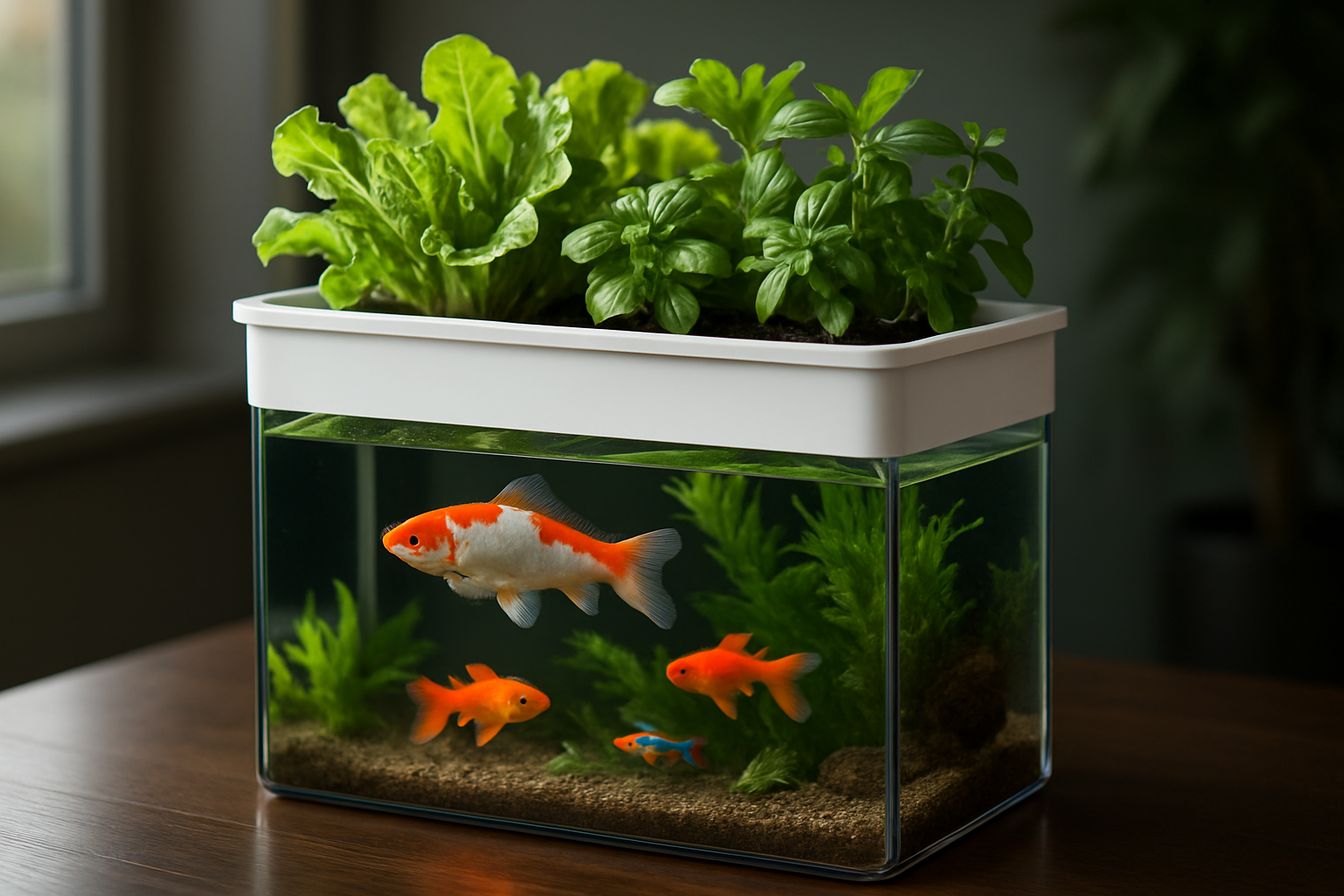Decoding the Enigmatic World of Octopus Intelligence
The mysterious depths of our oceans harbor one of nature's most fascinating creatures: the octopus. These eight-armed cephalopods have captivated scientists and animal enthusiasts alike with their remarkable cognitive abilities and complex behaviors. In this exploration, we dive into the intriguing realm of octopus intelligence, uncovering the latest research and shedding light on their extraordinary mental capabilities.

The Evolutionary Journey of Octopus Intelligence
The story of octopus intelligence begins millions of years ago when these cephalopods diverged from their mollusk ancestors. Unlike their relatives with protective shells, octopuses evolved soft bodies, making them vulnerable to predators. This evolutionary pressure led to the development of advanced cognitive abilities as a survival strategy. Over time, octopuses honed their problem-solving skills, camouflage techniques, and ability to learn from their environment.
Fossil records indicate that octopuses have been around for at least 296 million years, giving them ample time to evolve their impressive mental faculties. The octopus lineage split from other cephalopods around 135 million years ago, allowing for the independent evolution of their unique neural architecture. This long evolutionary history has resulted in a brain structure unlike any other in the animal kingdom, contributing to their exceptional intelligence.
Unraveling the Octopus Brain
At the heart of octopus intelligence lies a remarkable nervous system that defies conventional understanding. Unlike vertebrates, octopuses have a decentralized nervous system, with two-thirds of their neurons located in their arms. This distributed neural network allows for rapid information processing and complex movements, enabling octopuses to perform intricate tasks with their tentacles.
The central brain of an octopus, though small, is highly developed and contains specialized areas for learning, memory, and decision-making. Recent studies have shown that octopuses possess a vertical lobe analog to the hippocampus in vertebrates, which is crucial for forming and storing memories. This advanced brain structure, combined with their unique arm-based neural network, gives octopuses an unparalleled cognitive edge in the invertebrate world.
Problem-Solving Prowess and Tool Use
One of the most striking aspects of octopus intelligence is their ability to solve complex problems and use tools. Researchers have documented numerous instances of octopuses manipulating objects in their environment to achieve specific goals. For example, octopuses have been observed using coconut shells as portable shelters, demonstrating not only tool use but also future planning.
In laboratory settings, octopuses have amazed scientists with their problem-solving skills. They can navigate mazes, unscrew jar lids to access food, and even learn to operate simple mechanisms. One famous experiment involved an octopus learning to open a childproof pill bottle in less than an hour, a task that stumps many humans. These demonstrations of cognitive flexibility highlight the octopus’s ability to adapt to new challenges and think creatively.
The Art of Deception: Camouflage and Mimicry
Octopuses are masters of disguise, capable of changing their appearance to blend seamlessly with their surroundings or mimic other marine creatures. This ability goes beyond mere instinct, requiring a sophisticated understanding of their environment and potential threats. Octopuses can alter their skin color, texture, and even shape to create convincing disguises, often fooling even the most discerning predators.
The cognitive processes behind this remarkable camouflage involve complex decision-making and pattern recognition. Octopuses must assess their surroundings, choose an appropriate disguise, and maintain it convincingly – all in a matter of seconds. This level of environmental awareness and adaptive behavior speaks volumes about their intelligence and perceptual abilities.
Social Intelligence and Personality Traits
Contrary to popular belief, octopuses are not solely solitary creatures. Recent studies have revealed intriguing aspects of octopus social behavior and personality. While they may not form complex social structures like some mammals, octopuses do exhibit individual personalities and can engage in social learning.
Researchers have observed that octopuses can recognize individual humans and even show preferences for certain caretakers in captivity. They also display varying temperaments, with some individuals being more bold or curious than others. These findings suggest a level of social intelligence previously unrecognized in cephalopods and open up new avenues for understanding the complexity of octopus cognition.
The Future of Octopus Intelligence Research
As our understanding of octopus intelligence grows, so does the potential for further discoveries. Current research is exploring the genetic basis of octopus cognition, with scientists sequencing the octopus genome to uncover the molecular underpinnings of their intelligence. This work could provide insights into the evolution of complex cognition and potentially inform the development of new artificial intelligence systems.
Another exciting area of research involves studying octopus learning and memory formation. By understanding how these creatures process and store information, scientists hope to gain new perspectives on neuroplasticity and cognitive development. These insights could have far-reaching implications for fields ranging from neuroscience to robotics.
The world of octopus intelligence continues to amaze and inspire researchers and animal enthusiasts alike. As we delve deeper into the cognitive abilities of these remarkable creatures, we gain not only a greater appreciation for the diversity of intelligence in nature but also new perspectives on the very nature of cognition itself. The octopus, with its alien-like appearance and extraordinary mental capabilities, serves as a reminder of the wonders that still await discovery in the depths of our oceans.






